Iran urges full stop to Yemen blockade, dispatch of humanitarian aid
Iranian Foreign Minister Hossein Amir-Abdollahian says the blockade imposed by the Saudi-led coalition on Yemen has to be lifted completely for humanitarian aid to be dispatched to the impoverished country.
In a phone call with Kuwaiti Foreign Minister Sheikh Ahmed Nasser Al Mohammed al-Sabah on Friday, Amir-Abdollahian reiterated Iran's support for a two-month UN-brokered ceasefire between the warring sides in Yemen.
The UN announced on April 1 that the military coalition led by Saudi Arabia, which has been bombarding the country since 2015, and Yemen’s National Salvation Government had agreed on a two-month ceasefire that would come into effect one day later and could be renewed with the consent of the parties.
UN special envoy for Yemen Hans Grundberg said at the time that the aim of the ceasefire “is to give Yemenis a necessary break from violence, relief from the humanitarian suffering, and most importantly hope that an end to this conflict is possible.”
In a statement on Saturday, Iran’s Foreign Ministry spokesman Saeed Khatibzadeh expressed hope that the ceasefire could be a prelude to the complete lifting of the siege and the establishment of a permanent truce in line with efforts aimed at finding a political settlement.
Saudi Arabia launched the devastating war on Yemen in March 2015 in collaboration with a number of its allies and with arms and logistics support from the United States and several Western states.
The objective was to bring back to power the former Riyadh-backed regime and crush the Ansarullah resistance movement, which has been running state affairs in the absence of an effective government in Yemen. The war has stopped well short of all of its goals, despite killing hundreds of thousands of Yemenis and turning the entire country into the scene of the world’s worst humanitarian crisis.
Elsewhere in his remarks, the top Iranian diplomat said Iran was ready to improve relations with Kuwait and hold dialogue with regional countries. Amir-Abdollahian said the Iranian administration, in line with its policy of all-out expansion of relations with neighbors, underscores practical cooperation among regional countries in addition to dialogue. "We consider regional cooperation beneficial to security, progress and development in the region."
The Kuwaiti foreign minister, for his part, expressed hope that the UN-brokered truce in Yemen would prepare the ground for intra-Yemeni talks and an end to the conflict.
Al-Sabah said Kuwait City is determined to boost relations with Tehran. He underscored the need to define the water border and exploit joint fields. The Kuwait leader also invited the Iranian foreign minister to pay a visit to Kuwait on bolstering mutual relations.
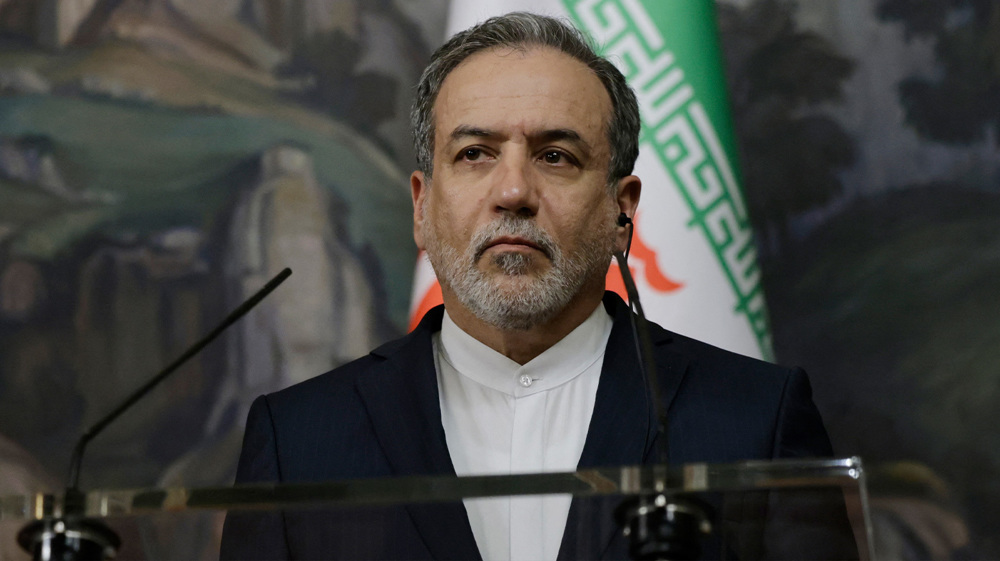
Certain groups manipulating Iran-US talks, goading US into making ‘maximalist demands’: FM
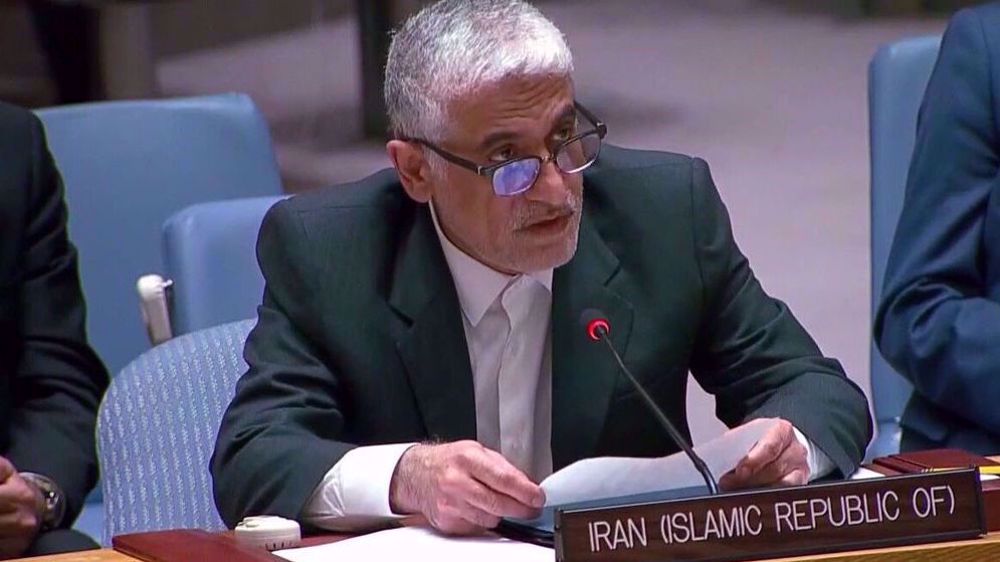
Iran condemns baseless GCC claims on 3 Persian Gulf islands
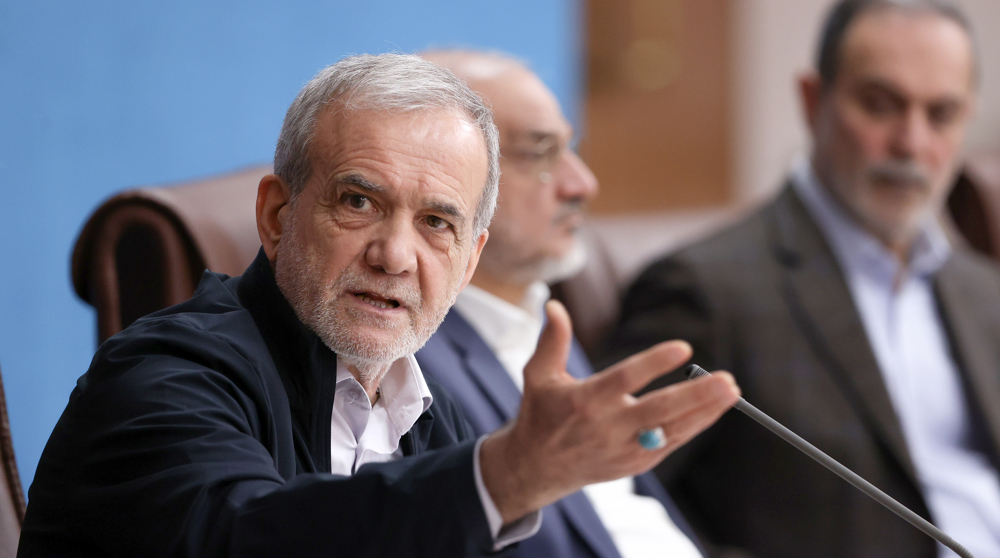
Iran will ‘chart its own path’ if US refuses to negotiate on ‘equal footing’: President
VIDEO | Exclusive: Yemeni eyewitnesses say US warplanes targeted civilians in their homes
VIDEO | Press TV's news headlines
‘Guardians of Revolution’: IRGC warns enemies it is at ‘peak of all-out readiness’
Microsoft collaboration in Gaza genocide
VIDEO | Senior Hamas-allied leader killed in Israeli drone strike south of Beirut
Syria arrests Islamic Jihad officials after US ties sanctions relief to ban on Palestinian groups
Gaza children dying not only from bombs, but hunger: Health Ministry
Israeli strikes kill nearly 10 Gazans, including two children, in new aggression


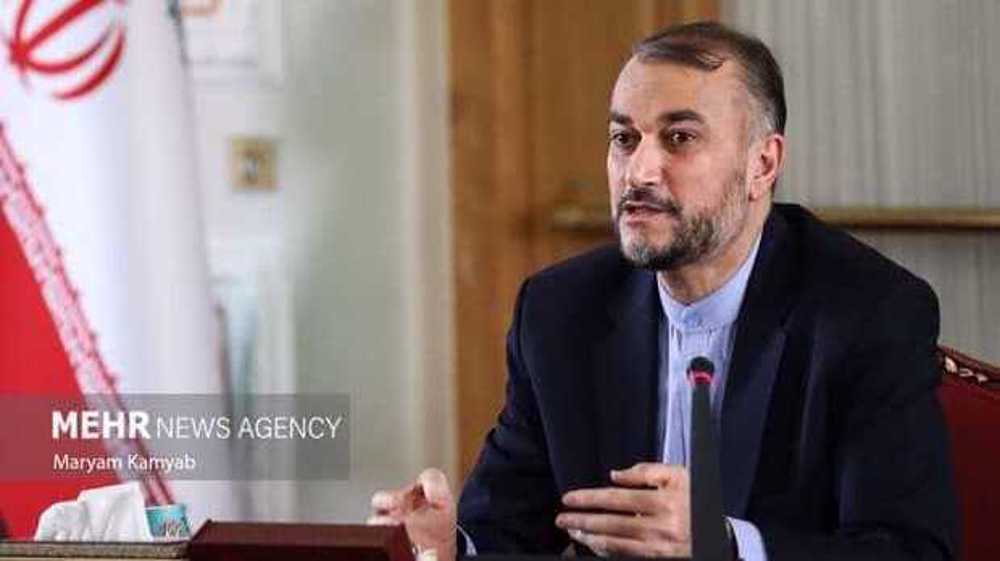
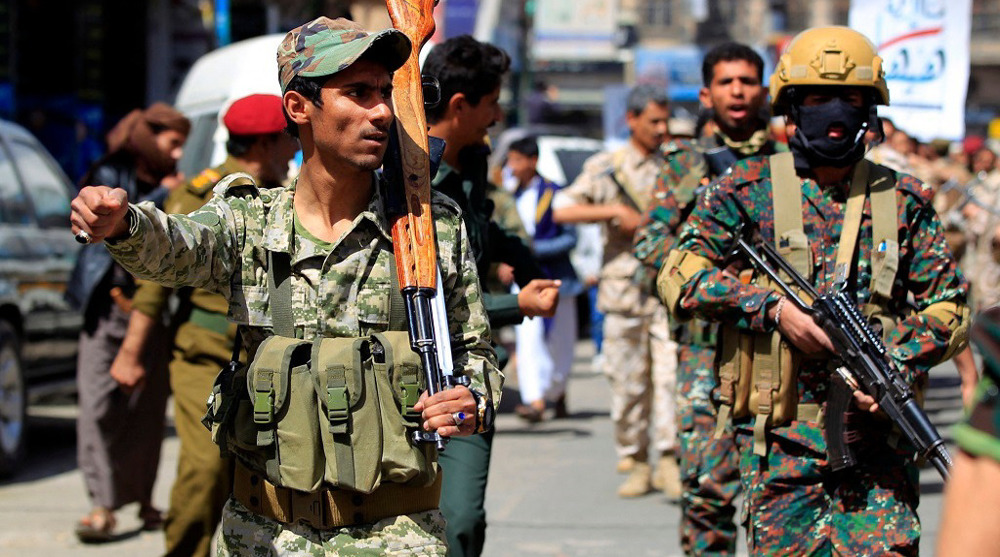




 This makes it easy to access the Press TV website
This makes it easy to access the Press TV website